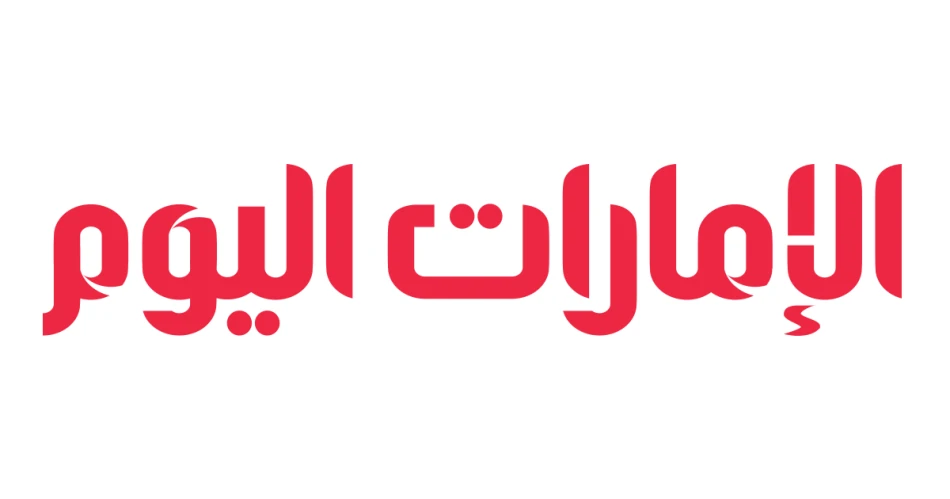
Majority of European Migrants Embrace Democratic Values, Study Finds
A new study from Germany's University of Mannheim shows that immigrants in Europe gradually adopt democratic values similar to those of native-born citizens. The research found that only 5% of immigrants from authoritarian countries reject democratic principles outright, challenging common assumptions about integration and political values.
Researchers at Mannheim's Center for European Social Research tracked how political beliefs change over time. They discovered that the longer immigrants live in European democracies, the stronger their support for democratic institutions becomes. This suggests that exposure to democratic systems has a real impact on how people view governance and political participation.
The study, published in the European Journal of Political Research, found an important nuance. People who spent many years living under authoritarian governments do show somewhat less enthusiasm for liberal democratic elements compared to those who grew up in democratic countries. But this gap narrows significantly with time spent in Europe.
Here's what makes this research significant: it provides concrete data during a period when immigration remains a hot political topic across Europe. Many voters worry that large-scale immigration might weaken democratic institutions or bring incompatible political values. This study suggests those fears may be overstated.
The findings have practical implications for policymakers. They indicate that integration programs and civic education can work, but they take time. The research also shows that most immigrants arrive already open to democratic principles, rather than needing complete political re-education.
For European governments dealing with ongoing migration pressures, the study offers evidence that democratic values can spread through social contact and institutional exposure. But it also highlights that the process isn't automatic - it requires sustained engagement with democratic institutions and society.
Most Viewed News

 Sara Khaled
Sara Khaled






